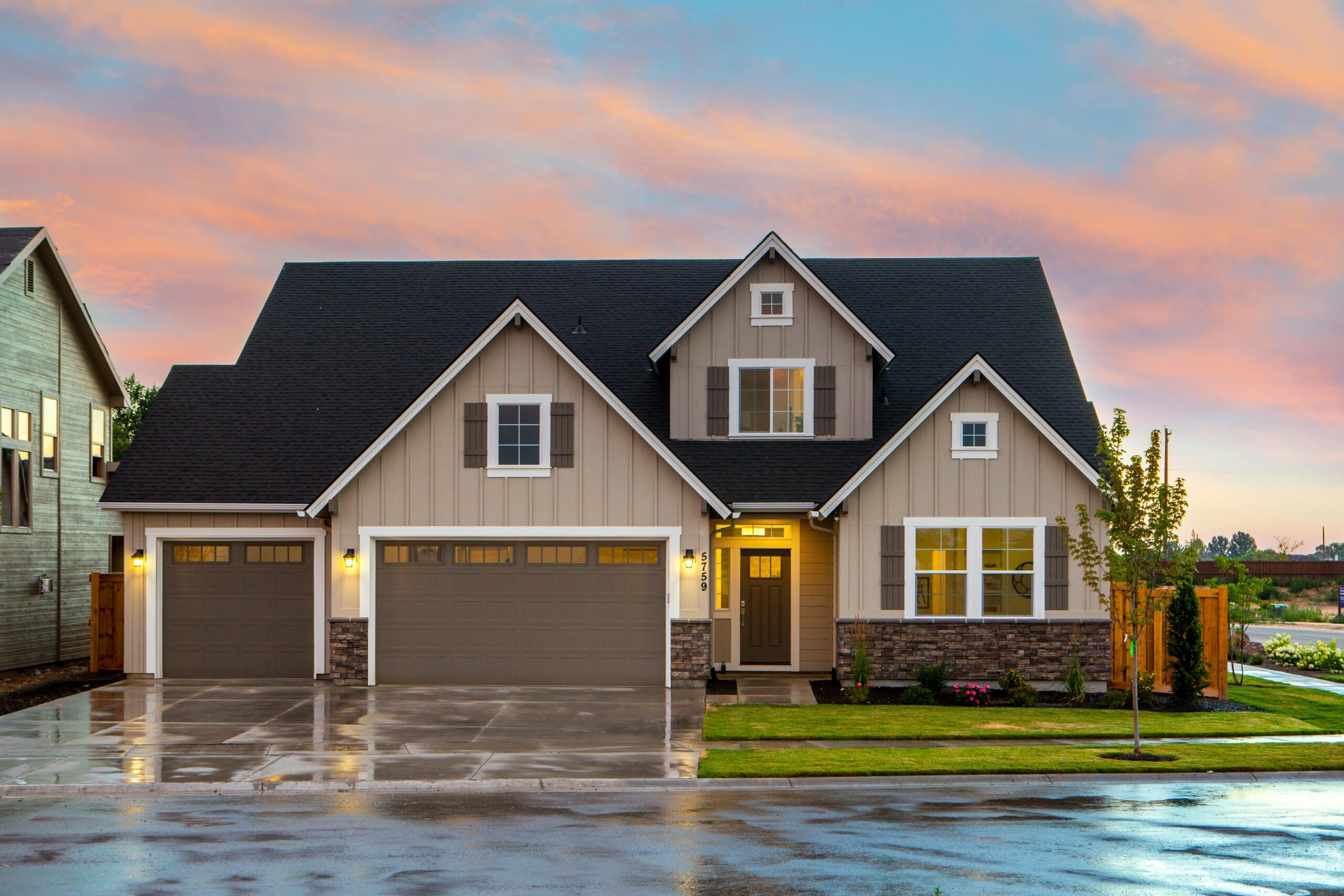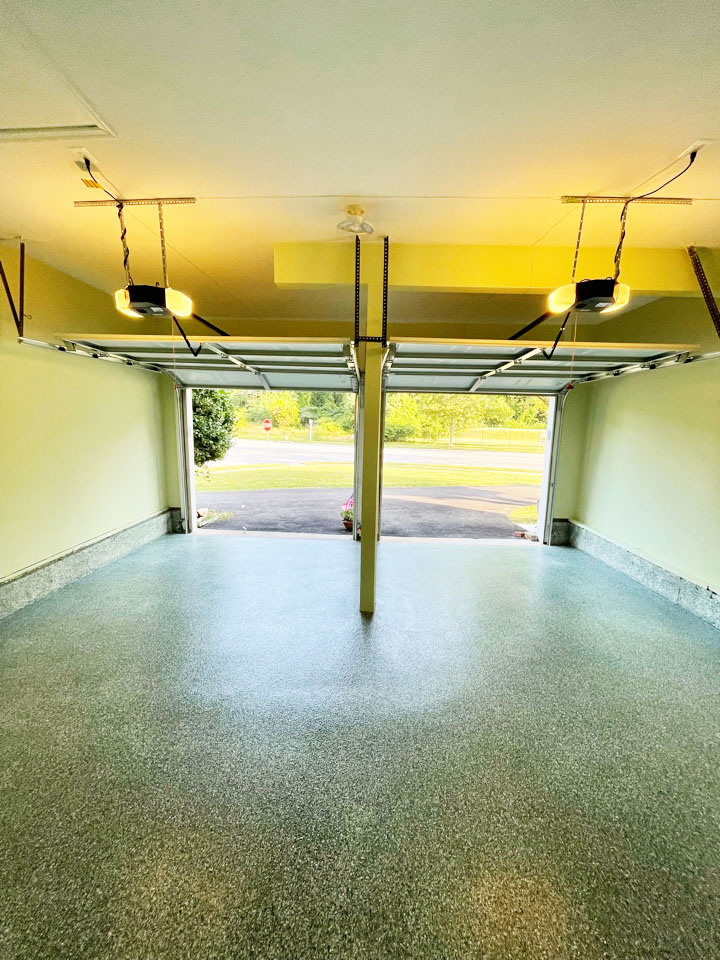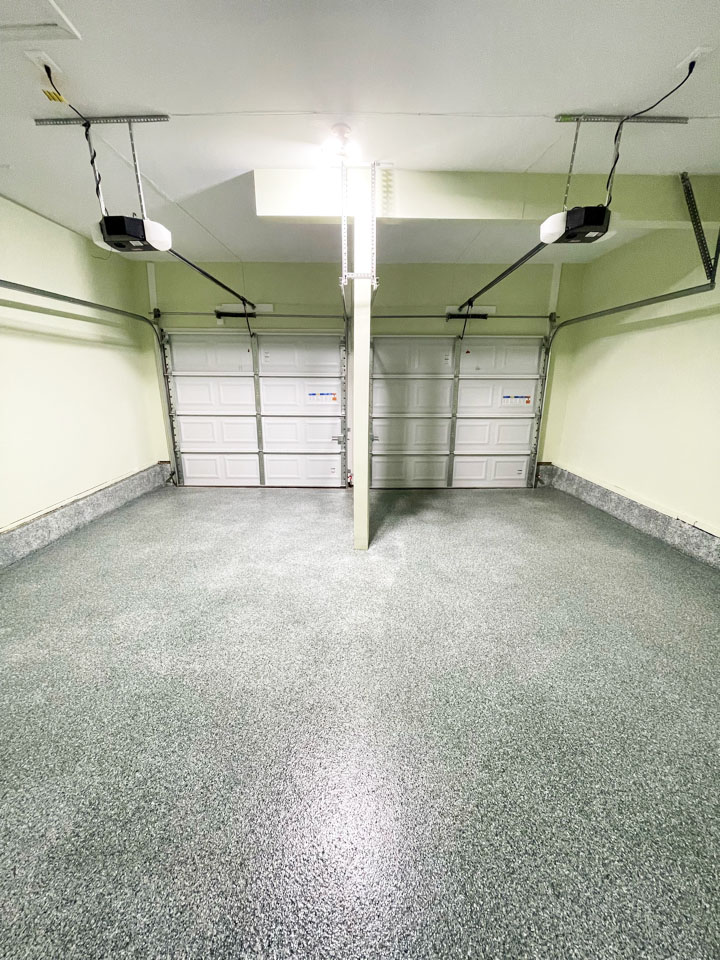Adding a garage to your home is not just about parking space it’s about increasing your property’s value, enhancing functionality, and boosting curb appeal. Whether you’re looking for extra storage or a place to protect your vehicles, a garage addition is a smart investment. We’ll dive into everything you need to know about building a garage addition, from planning and design to budgeting and maximizing value. Upgrade your home with a custom garage additions by Anchor Remodel.
- Why Build a Garage Addition?
Adding a garage to your home comes with numerous benefits, including:
- Protection for Your Vehicles: Safeguarding your cars from weather elements like rain, snow, and sun.
- Increased Storage Space: A garage offers additional room for storing tools, equipment, and seasonal items.
- Boosted Home Value: A well built garage can significantly increase your home’s resale value, offering a great return on investment.
- Enhanced Curb Appeal: A well designed garage addition can elevate the appearance of your property, adding to its overall aesthetic.
- Planning Your Custom Garage Additions
Before you dive into construction, it’s essential to have a clear plan in place. Consider the following key factors:
- Garage Size: Determine how many vehicles the garage needs to accommodate and if you need extra space for storage or a workshop. Standard sizes include:
-
- Single-car garage: Typically around 12’ x 20’
- Two-car garage: About 20’ x 24’ or larger
- Three-car garage: At least 30’ x 24’ for ample space
- Attached vs. Detached Garage: Decide whether you want the garage connected to your home or as a standalone structure. An attached garage offers convenience, while a detached garage can provide design flexibility and additional privacy.
- Local Building Codes: Be sure to research local zoning laws and permits needed for your garage addition.
- Driveway and Access: Ensure the new garage design works well with your existing driveway and property layout for easy vehicle access.
- Budgeting for Your Custom Garage Additions
The cost of building a garage addition can vary based on size, materials, and location. Key factors influencing cost include:
- Foundation: Concrete foundations are typical for garages and will form a significant part of your budget.
- Materials: The type of materials you choose will affect both aesthetics and cost.
- Electrical & Plumbing: If you’re planning to add outlets, lighting, or even plumbing for a workshop, these systems will increase your total cost.
- Designing a Functional and Stylish Garage
When designing your garage addition, functionality and aesthetics should go hand in hand. Here are some design tips:
- Match Your Home’s Architecture: Choose materials and a roofline that complement your home’s exterior.
- Storage Solutions: Incorporate built-in shelving, cabinets, or overhead storage to maximize space. If you plan to use the garage as a workspace, include a designated area for tools.
- Insulation and Ventilation: Proper insulation and ventilation are essential, especially if you plan to use the garage for more than just parking cars. Insulation helps maintain temperature, and ventilation ensures airflow to prevent moisture buildup.
- Maximizing the Value of Your Garage Addition
To get the most value from your garage addition, consider these strategies:
- Energy Efficiency: Invest in insulated garage doors and energy efficient windows to enhance comfort and reduce utility costs.
- Multi-use Space: Turn part of your garage into a workshop, home gym, or even an extra living space. Multifunctional spaces are a huge draw for future buyers.
- Smart Technology: Install a smart garage door opener for added convenience. Smart home integrations, such as security cameras or lighting controls, can also enhance the appeal of your property.
- How to Choose the Right Contractor
Building a garage addition requires professional expertise. Here’s how to ensure you hire the right contractor for the job:
- Review Past Work: Request to see a portfolio of similar projects they’ve completed.
- Licensing and Insurance: Ensure the contractor is licensed and insured, protecting you from liability in case of accidents or issues during construction.
- Permits and Inspections
Garage additions generally require building permits, and the project must meet local building codes. Be prepared for several inspections throughout the construction process to ensure everything complies with safety regulations. At Anchor Remodel will handle the permitting process.
- Timeline for Garage Additions
The timeline for building a garage can vary depending on the complexity of the project. On average, you can expect a garage addition to take 9-11 weeks, including the time needed for design, permits, and construction. Weather conditions and unexpected delays may extend the timeline, so build some flexibility into your plans.
Conclusion A garage addition is a practical and valuable investment for any homeowner. Whether you need extra storage, a protected parking space, or a multifunctional area, the benefits of building a garage far outweigh the costs. At Anchor Remodel, we specialize in helping homeowners throughout Northern VA bring their remodeling visions to life. From initial consultation to final inspection, we’ll guide you through every step of the process to ensure your garage addition meets your needs and exceeds your expectations.
Ready to get started on your garage addition? Contact us today for an initial consultation, and let’s discuss how we can make your garage project a reality!




